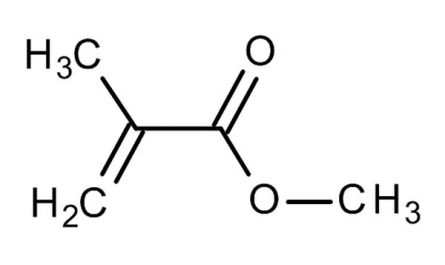Generation and Composition of Plastic Waste
Plastic waste has become an unavoidable part of our daily lives. With growing urbanization and changing lifestyle patterns, the use of plastics has multiplied exponentially over the past few decades. According to recent studies, per capita plastic consumption has increased from 1kg to over 30kg in urban areas of India alone in the last few years. A major reason for this rise in plastic consumption is their increased use in the packaging industry. Plastic laminated bags, pouches, multilayered packaging, bottles and other packaging waste now contribute over 60% of total plastic waste generation in urban areas. Food delivery apps and online shopping trends during the pandemic have further accelerated this dependency on plastic packaging.
Collection and Segregation is Key
Proper collection and segregation of different types of plastic waste is crucial for effective plastic waste management. Most municipal bodies currently use door-to-door waste collection vehicles to accumulate mixed waste from households. However, this Plastic Waste Management remains unsorted and unsegregated. As a result, a large percentage of plastic waste ends up in landfills or openly dumps, polluting the environment. Some cities have now started campaigns to create awareness about segregating dry and wet waste at source. Residents are being encouraged to handover segregated plastic waste separately to waste collectors. This facilitates further sorting and recycling of recyclable plastic fractions. Block level waste collection centers have also been set up in some places where people can drop segregated waste.
Challenges in Mechanical Recycling
While segregation is important, the real bottleneck remains effective recycling of plastic waste. Mechanical recycling, which involves cleaning, shredding and melting plastics for reforming new products is a challenging process. Only certain hard plastic types like PET and HDPE with established demand can be mechanically recycled. The mixed composition and quality issues faced by most plastic collected from streets makes mechanical recycling difficult. Many recyclers still find it more viable to export such mixed plastic bales to countries with less stringent quality standards instead of tackling complex recycling in-house. Lack of advance sorting infrastructure also limits the extent of mechanically recyclable plastic fractions that can be extracted from mixed waste in India currently.
Addressing Packaging Waste at Source
Given these constraints, it is important that measures are taken to minimize plastic packaging waste right at the source. Producers of fast-moving consumer goods and food items need to shift towards sustainable packaging alternatives. Replacing multilayered plastic and laminated packaging with mono-materials wherever possible can boost recyclability. Encouraging refill and reuse retail models especially for daily essentials also goes a long way. Similarly, the burgeoning e-commerce sector must move beyond conventional plastic envelops and explore paper/biodegradable options for last mile deliveries. Stringent implementation of extended producer responsibility clauses under plastic waste rules can motivate manufacturers to adopt greener packaging designs and take-back schemes.
Role of Waste Picker Community
In the absence of strong formal waste management systems, waste picker communities have played a pivotal role in plastic waste recycling across Indian cities. Many such informal workers segregate different recyclable plastic types from mixed waste and sell them to local kabadiwallahs or plastic recycling units. This helps divert a significant volume of plastic away from landfills. However, waste pickers usually do this risky job without proper safety equipment or social security. The government and civil organizations must recognize their contributions and facilitate programs that integrate waste pickers into the formal recycling chain with fair wages and occupational safety. This will strengthen plastic waste collection networks while supporting marginalized communities.
Policy Push for Sustainable Alternatives
On the policy front, banning select single-use plastic items has received much attention but lacks a long-term vision for developing viable alternatives at scale. A holistic plastic waste management policy is needed that aligns goals of reduction, reuse, recycling and recovery in an integrated manner. Financial incentives must be offered to spur innovations in reusable packaging, compostable plastics and chemical recycling technologies. Setting efficient waste collection and recycling targets for ULBs with regular monitoring can propel meaningful changes on ground. Promoting decentralized plastic waste management systems through common recycling centers and eco-parks in cities/towns will make plastic waste management more sustainable and inclusive. With a collaborative multi-stakeholder effort, many Indian cities have shown it is possible to curb the onslaught of plastic pollution. By learning from such success stories and bolstering necessary policy reforms, India can certainly transition to more responsible plastic waste practices.
About Author - Money Singh
Money Singh is a seasoned content writer with over four years of experience in the market research sector. Her expertise spans various industries, including food and beverages, biotechnology, chemicals and materials, defense and aerospace, consumer goods, etc. LinkedIn Profile



